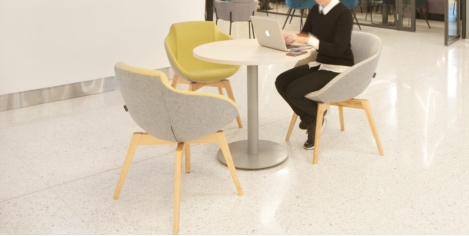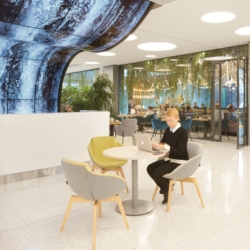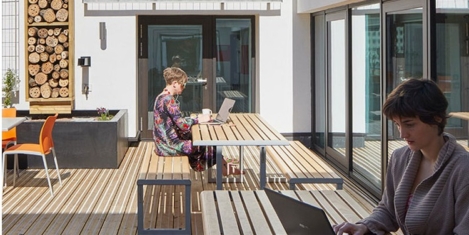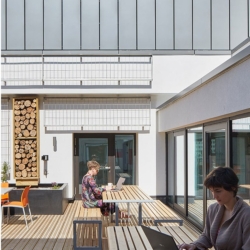September 18, 2020
When it comes to describing the new world of work, the Scandis have a name for it
 We have very clearly arrived at a point of inflection in the world of work right now, with more time than ever spent pondering some of its bigger questions. Like what will individuals expect from their place of work? What will employers be willing to offer them? How will the culture – the very fabric – of our offices change as a result of the pandemic? In the midst of all the head scratching and soul searching over what this brave new world of work might look like, there is an increasingly vocal minority arguing that a new, better path has already been paved. Where? In Scandinavia, of course. (more…)
We have very clearly arrived at a point of inflection in the world of work right now, with more time than ever spent pondering some of its bigger questions. Like what will individuals expect from their place of work? What will employers be willing to offer them? How will the culture – the very fabric – of our offices change as a result of the pandemic? In the midst of all the head scratching and soul searching over what this brave new world of work might look like, there is an increasingly vocal minority arguing that a new, better path has already been paved. Where? In Scandinavia, of course. (more…)








 As the UK is in the midst of the traditional ‘back to school’ period, many workplaces are debating over when to return to the office, and how. The sudden move to remote working during lockdown has proven that a new hybrid way of working is in fact possible for numerous organisations, but this has come at the expense of face to face communication and in person collaboration.
As the UK is in the midst of the traditional ‘back to school’ period, many workplaces are debating over when to return to the office, and how. The sudden move to remote working during lockdown has proven that a new hybrid way of working is in fact possible for numerous organisations, but this has come at the expense of face to face communication and in person collaboration. 


 A new survey by UK job board
A new survey by UK job board 
 New research by the
New research by the 
 Singapore, Helsinki and Zurich have come top in the
Singapore, Helsinki and Zurich have come top in the 


 A survey carried out by mental health organisation,
A survey carried out by mental health organisation, 
 A report by HR software and employment law advice service
A report by HR software and employment law advice service 


 New analysis of official data released to the
New analysis of official data released to the 








September 21, 2020
Time to get on board with the psychological effects of working from home
by Jörg Bakschas • Comment, Flexible working, Wellbeing